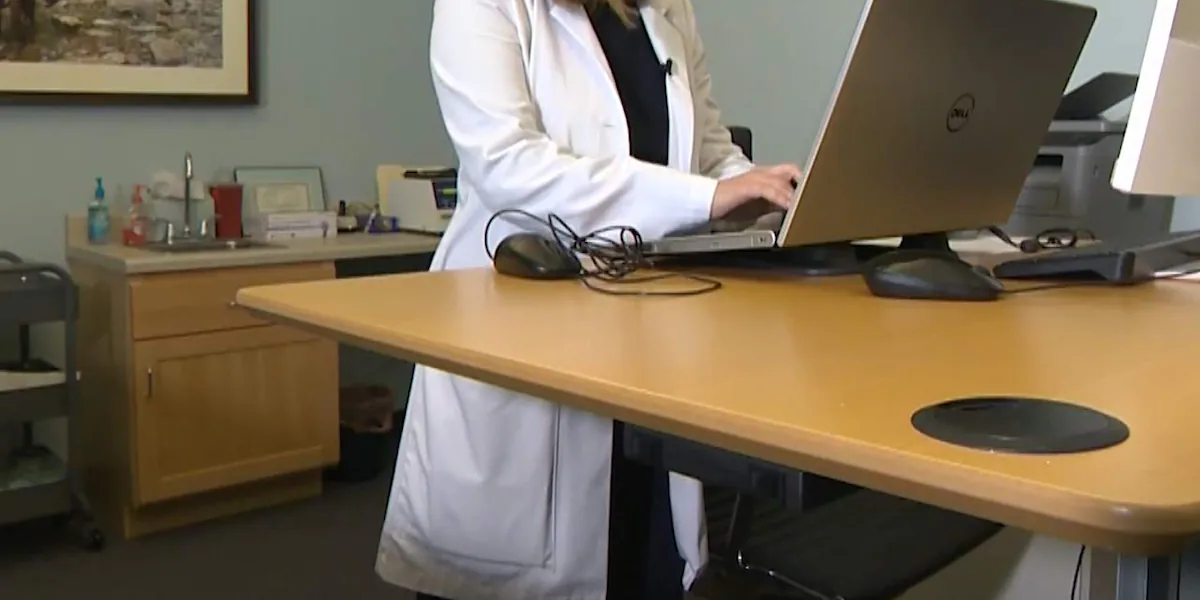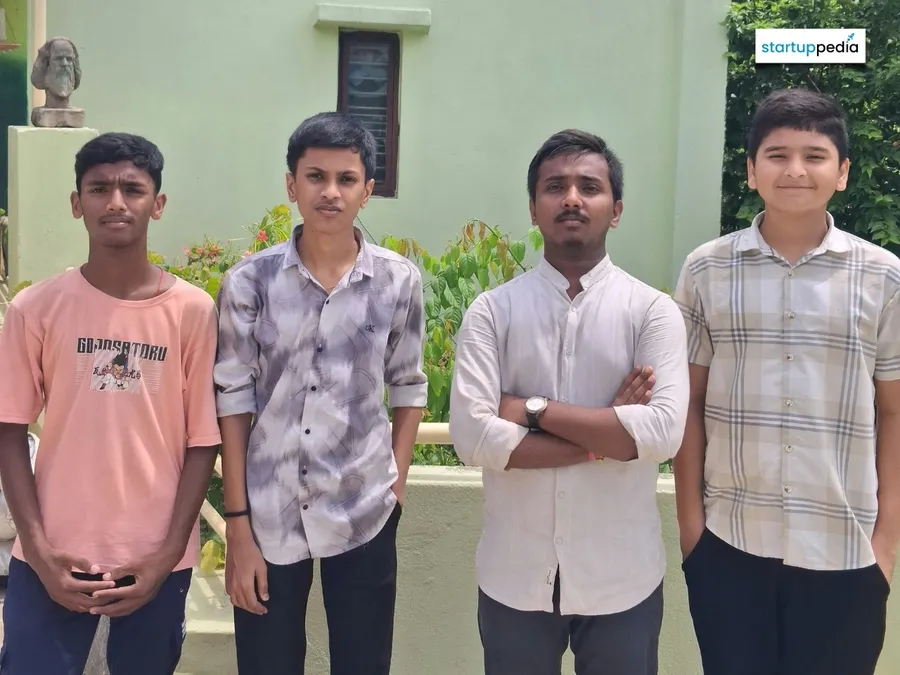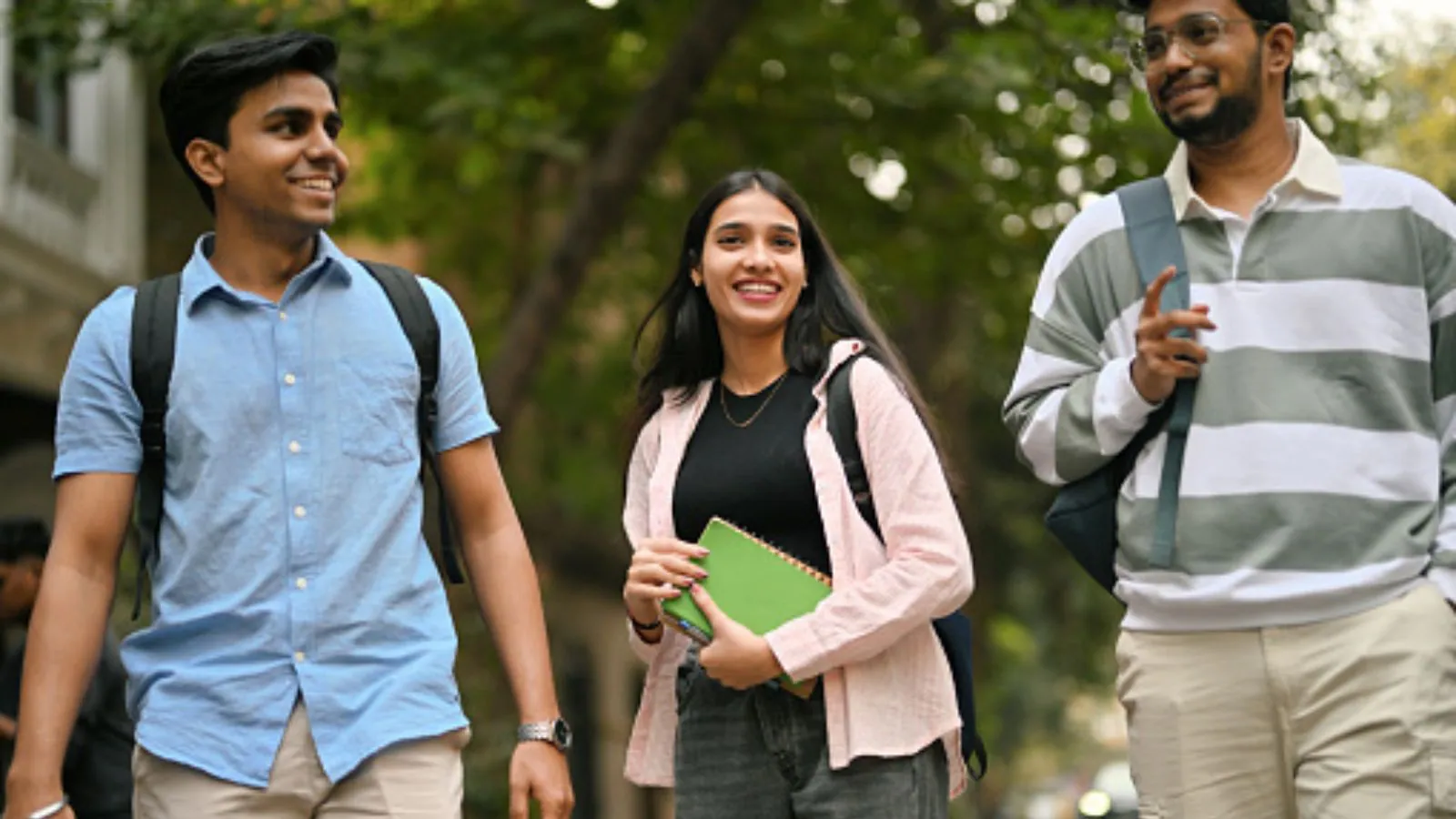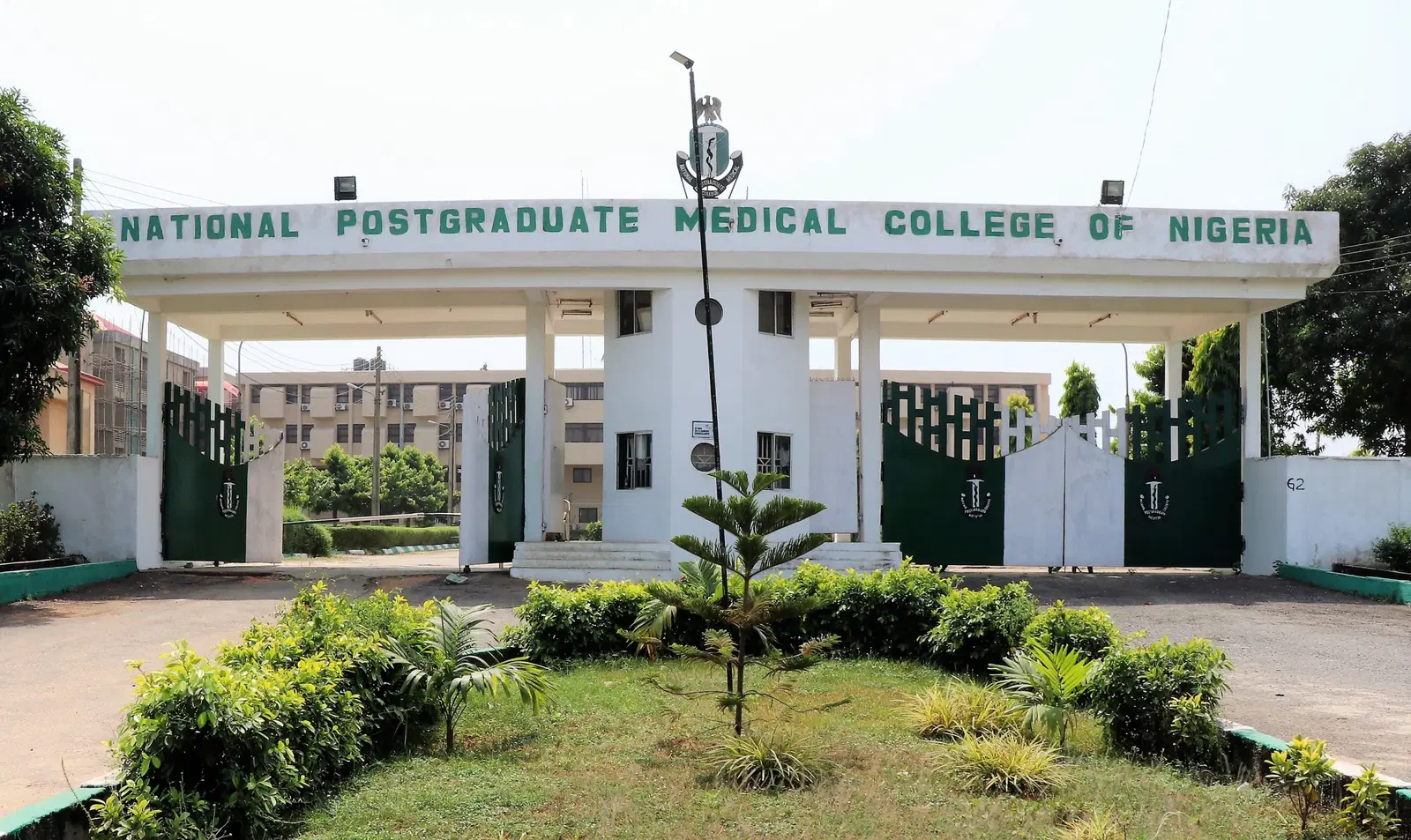
CHARLESTON, S.C. (WCSC) – The Medical University of South Carolina is working to bring telehealth to over 150 schools across the Palmetto state, with the majority of those schools being right here in the Lowcountry.
These virtual visits are set up for behavioral mental health concerns for all students, no matter where they are.
MUSC’s team and experts, along with a Charleston County School District coordinator, said that with this program, they are able to help bridge the health care gap, improve school attendance, and tackle the mental health crisis they see happening statewide.
This year, 60 additional schools will participate in this program on top of the 100 from last school year.
The team is made up of 13 therapists, a medical assistant and three psychiatrists, able to coordinate with the school staff, counselors and parents of the patients.
“There are many rural areas of South Carolina that do not have access to licensed therapists or to adolescent psychiatrists, and using technology, having telehealth availability for those schools, to access licensed therapists and psychiatrists that they would otherwise not have access to is a huge benefit,” MUSC Senior Manager for School-Based Behavioral Health Kristy Smith said.
With just one click away, students in participating schools are able to seek behavioral health help.
“I think that’s a win for technology,” Smith said.
She said they had about 5,000 visits alone in the 2024-2025 school year, a lot of those throughout the Charleston County School District.
“Just as we never hesitate to see a nurse for a fever, we can definitely support our kids to see a counselor for any stress, sadness, anxiety, or things that they may be experiencing in their day-to-day life,” Charleston County School District Mental Health and Wellness Coordinator Shanequa Palmer said.
The telehealth program allows them to do that, no matter the kind of barriers there may be, whether it’s a lack of behavioral health doctors in the area or a busy schedule.
“We have a mental health crisis in this country, so there are usually gaps in, not just our rural areas, all schools really have gaps in the number of students who need support and the number of providers that are available,” Smith said.
One of the team’s psychiatrists said these kinds of conversations up front can lead to success for them in not only their well-being but their education as well by not taking them out of school and improving student engagement.
“Putting it out there and giving them the language and the understanding of what anxiety looks like, what depression looks like, and making them feel safe and comfortable and talking about those things if those are things that they’re experiencing. I don’t think that there’s any age that’s too young to really start that,” MUSC Child Psychiatrist Morgan Goodyear said.
These visits are covered by insurance policies, depending on the coverage you have, and are open to any student in participating schools.



